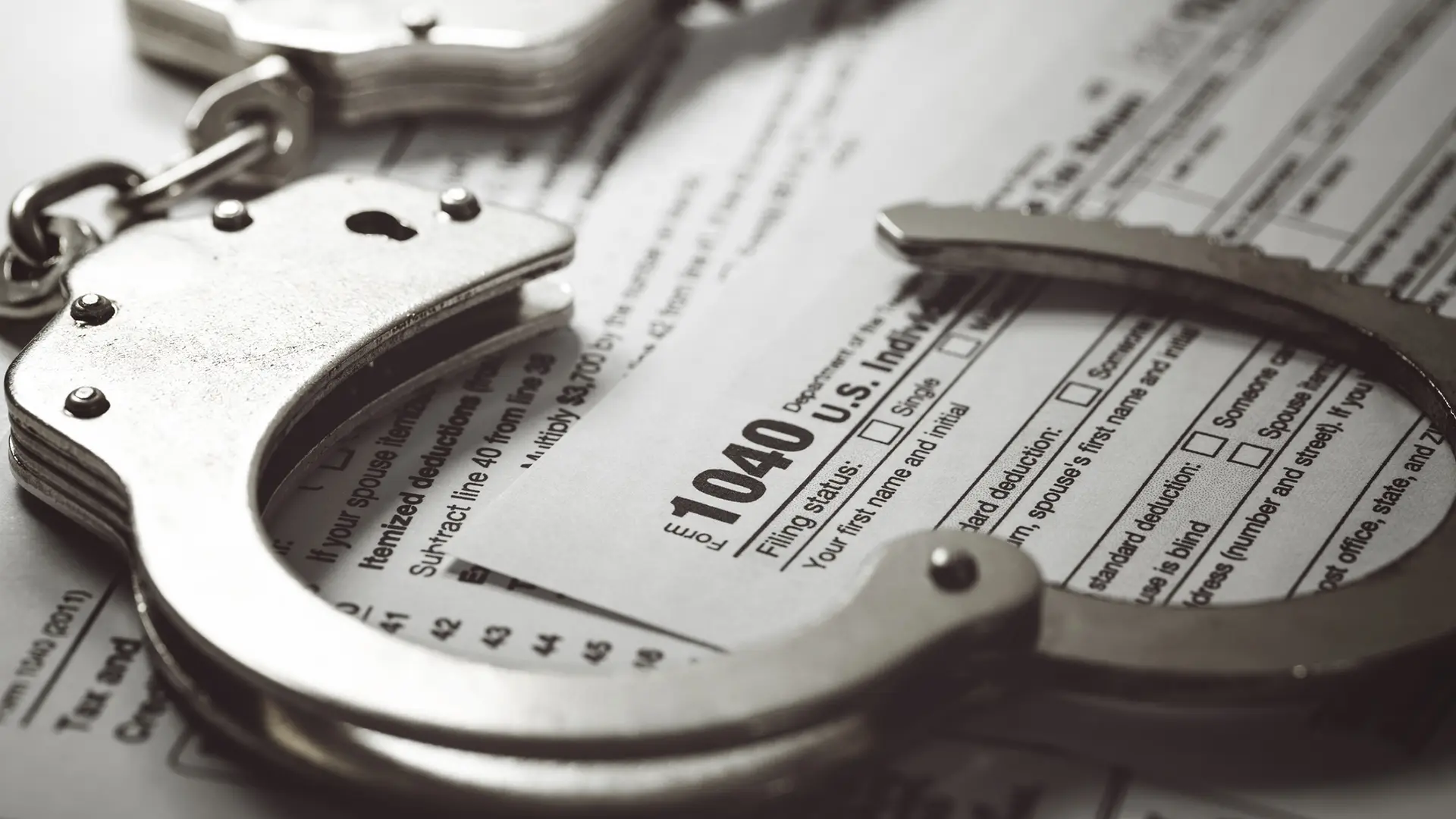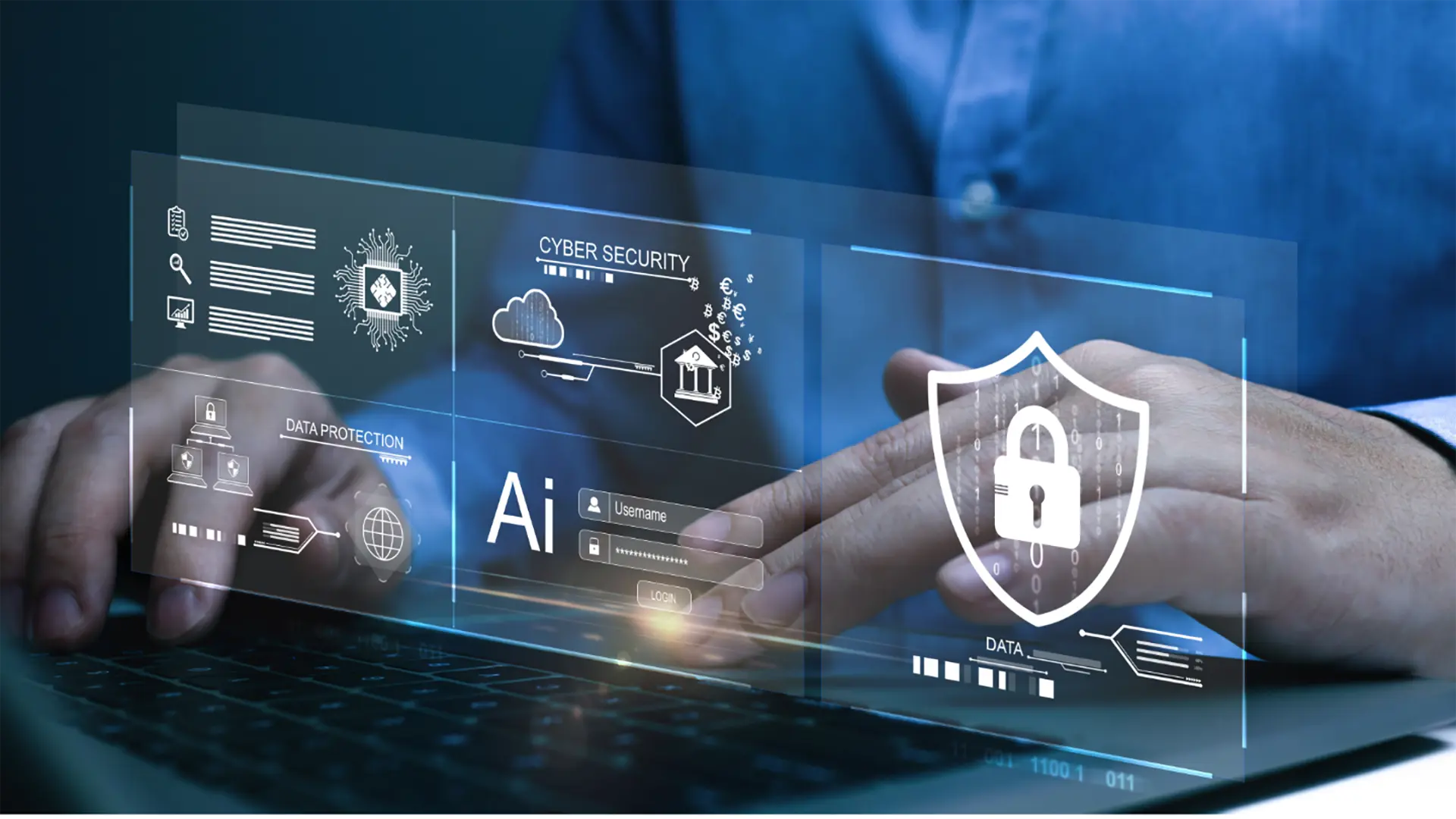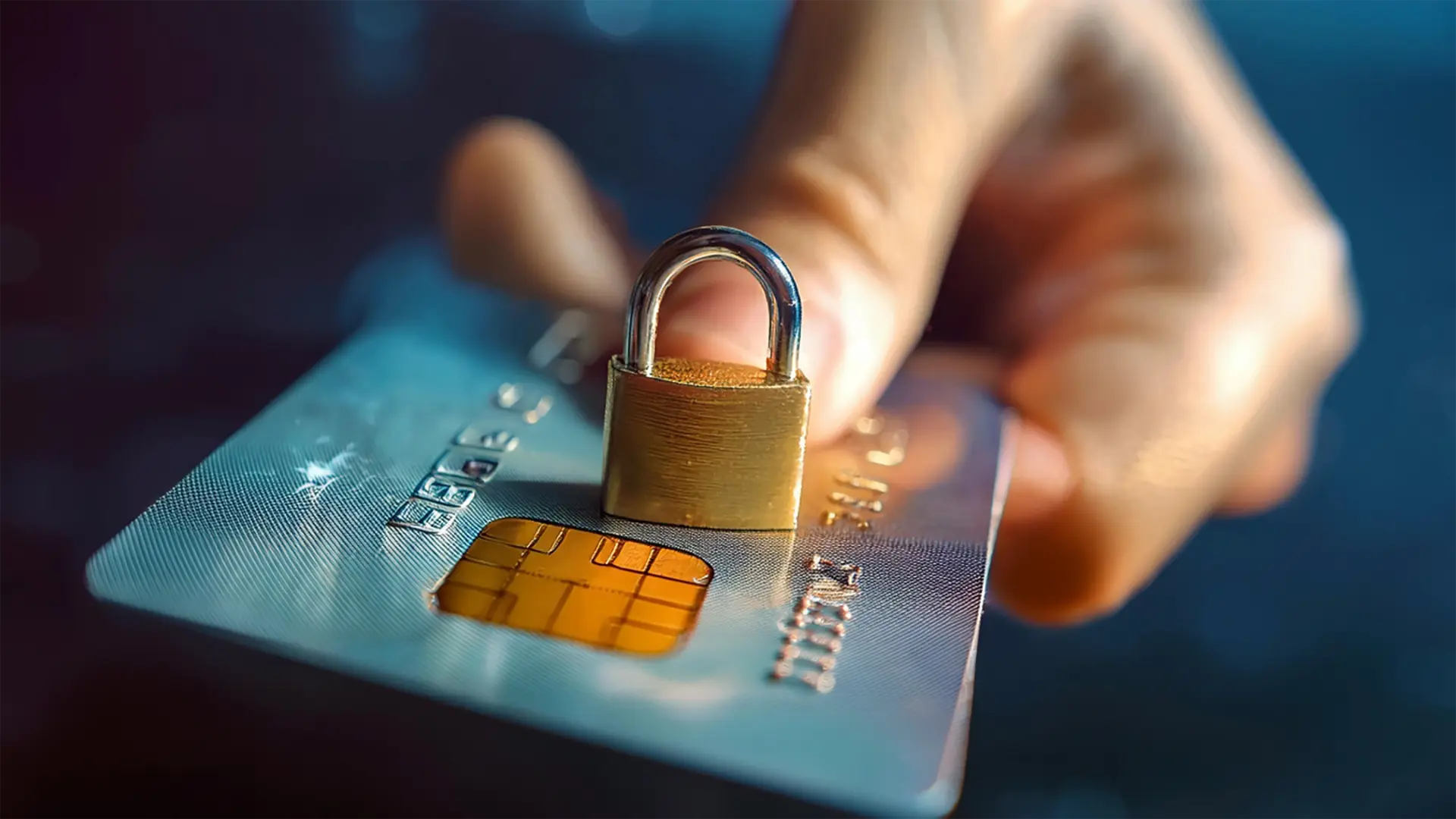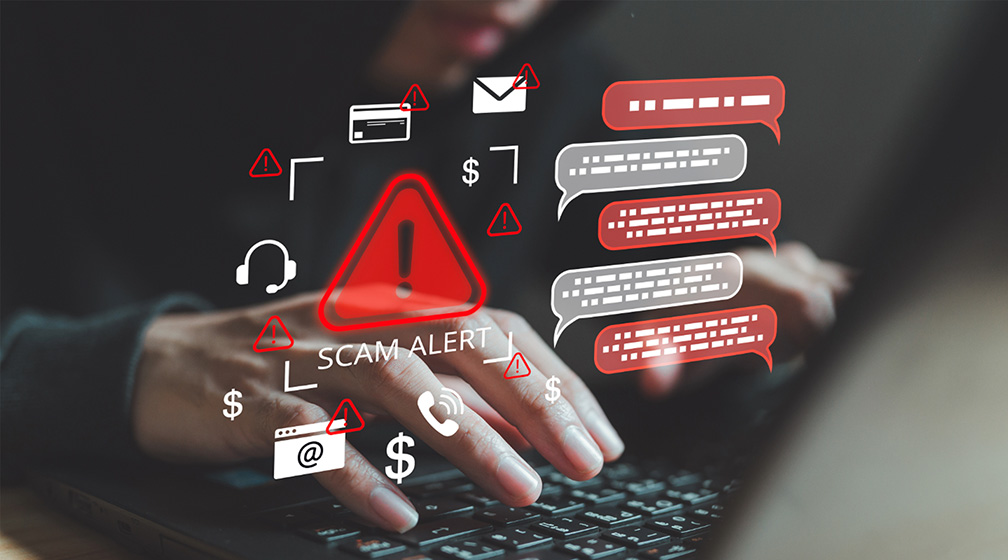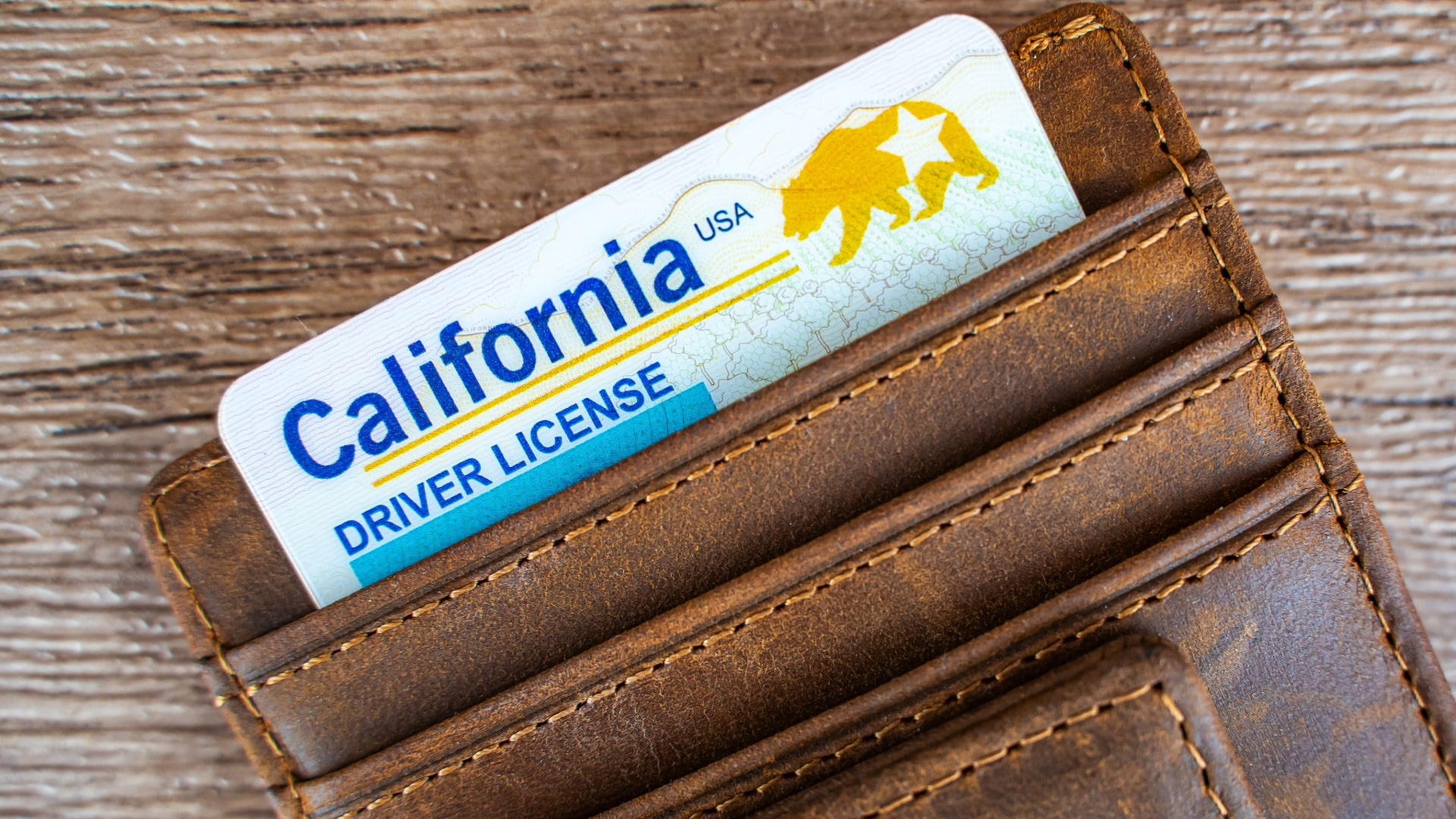
When your driver’s license is lost or stolen, it comes with more risks than just the hassle of a trip to the DMV. Losing your license can cause issues with driving and getting access to certain services, and even puts you at risk for identity theft.
That’s because your driver’s license contains personally identifiable information (PII) that criminals can use to commit fraud. It’s important to act quickly when your driver’s license is lost or stolen to protect yourself. Here’s what to do if you lose your license.
How a Lost or Stolen Driver’s License Can Lead to Identity Theft
Your driver’s license displays your full name, date of birth, address, driver’s license number, and other key pieces of information. If someone gets ahold of your driver’s license, either by stealing your physical ID or gaining access to this information through other means, they can use it to commit many types of fraud including:
- Selling Your Info Online: The dark web is a part of the internet that is hidden to most users and contains online marketplaces where stolen data is bought and sold. Criminals may sell your driver’s license info online to buyers who wish to use it for fraud.
- Identity Theft: Your driver’s license info, combined with your Social Security Number (SSN), can be used to open bank accounts, apply for loans or credit cards, make certain types of purchases that require ID, and commit other forms of identity theft.
- Driver’s License Fraud: Criminals may use your driver’s license number to create fake licenses, which they can show to law enforcement during traffic stops or even when apprehended for a crime.
- Synthetic Identity Theft: When thieves steal your Social Security Number (SSN), they may use the info from it to create a fake identity by combining it with fictional data, real information, and/or other people’s stolen information.
- Mail Fraud: Criminals can use your driver’s license info to change your mailing address, routing your mail to themselves. This can help them access your bank statements, credit card statements, and other personal documents they can use to steal from you or steal your identity.
What To Do If You Lose Your License
If your driver’s license is lost or stolen, you need to act right away. Here’s what to do if you lose your license:
Get a New Driver’s License
You will need a new copy of your lost driver’s license so that you can resume driving and using your ID. The process for requesting a replacement license may vary depending on which state issued it, but generally you can request a replacement online, in person at the DMV, or even by mail.
To find out the procedure to replace a lost driver’s license in your state, visit the website of the motor vehicles department that issued your license. Keep in mind, you may need to pay a fee and provide documents that prove your identity before you can get a replacement.
Try to protect your replacement driver’s license from criminals by keeping it in a safe place when you aren’t carrying it around outside your home. Don’t leave your license out of sight or vulnerable to theft in public. And don’t provide your driver’s license number to just anyone that asks – it should only be used for specific purposes.
Notify Law Enforcement
If your driver’s license is stolen, you can contact law enforcement to file a police report. Make sure to keep a copy of the report for your own records, as it may come in handy when disputing future instances of identity theft.
Notify the DMV
If your driver’s license is stolen, you may be able to contact your DMV to make an official report. Some states allow drivers to get a “Verify ID Flag” on their license, which can alert law enforcement that someone else could be using your identity. This can help you avoid negative information from appearing on your driving record, and may require you to provide two forms of ID in certain situations.
Freeze Your Credit or Place a Fraud Alert
You can proactively place a fraud alert or credit freeze on your credit reports if you’re worried about identity theft:
- Fraud alerts require creditors to take extra steps to verify your identity when someone applies for credit in your name. You only need to place a fraud alert with one credit bureau, and the alert will extend to the other two.
- Credit freezes block creditors from checking your credit report, stopping anyone from applying for credit in your name. You must freeze your credit report with each credit bureau individually. When you apply for credit, you will need to temporarily or permanently unfreeze your credit report before the application can be processed.
To initiate a fraud alert or credit freeze, you will need to contact the credit bureaus and provide identity verification. You can place fraud alerts or credit freezes online, over the phone, or by mail with the credit bureaus.
Report Identity Theft to the Federal Trade Commission
If you experience identity theft, report it to the Federal Trade Commission at IdentityTheft.gov or at 877-382-4357.
While you don’t need to file a complaint if your driver’s license just went missing, you do need to file a report if someone is using your information to commit fraud.
Check your Mailing Address
If someone requests a change of address in your name, the postal service will send you a Change-of-Address (COA) letter. If you unexpectedly receive a letter about a change of address, it could be a sign that someone is trying to commit fraud. You can reach out to the USPS to see if your mailing address has been changed, and dispute fraudulent changes online or at the post office.
Check Your Credit Reports
Regularly check your credit reports to look for accounts you didn’t open, applications for credit that you don’t recognize, and other signs of fraud. You can sign up for identity theft protection services to get regular copies of your credit reports and real-time alerts whenever suspicious or unusual activity is detected.
Review Your Social Security Statement for Signs of Fraud
You can create an account with the Social Security Administration (SSA) to check your Social Security benefits (the SSA will also mail annual statements to workers aged 60 and over). If you receive a statement from the SSA that you weren’t expecting or you see unauthorized earnings in your SSA account, you should report the fraud immediately.
Scan the Dark Web for Your Personal Info
Criminals may try to buy your driver’s license info off the dark web to use it for identity theft. You can scan the dark web to look for your PII, including your driver’s license info. If your information is out there, you should take steps immediately to protect your identity.
Sign Up for Identity Theft Protection
Identity theft protection services provide an all-around defense of your identity. If your driver’s license was lost or stolen, you can sign up with IdentityIQ to ensure you’re protected and receive the following benefits:
- Identity Monitoring: Receive real-time monitoring of your credit reports, SSN, address change databases, and other key identity factors to detect early signs of fraud.
- Dark Web Monitoring: Automatically scan the dark web for your personal information and receive alerts whenever we find a match.
- Identity Theft Insurance*: Get up to $1 million in coverage for losses and out-of-pocket expenses you incur when you’re recovering from identity theft.
- Identity Restoration: Get assistance and personal guidance from identity restoration experts to help you recover from identity theft and move on with your life.
- Anti-Fraud Technology: Get industry-leading anti-virus software, a virtual private network (VPN), and other technology to help keep you safe online.
How IdentityIQ Helps Protect Your Identity
Driver’s licenses contain information that is valuable to criminals who wish to exploit it for their own personal gain. While you can take steps to protect your driver’s license and keep it safe, you can never 100% guarantee that your information won’t get compromised. It’s important to watch out for red flags of fraud and respond quickly if your license ever gets lost or stolen.
At IdentityIQ, we give our members the tools they need to protect their personal data and respond quickly when fraud occurs. You can rest assured that we are watching out for your identity, while you have the tools and support you need to recover if your identity is stolen.


